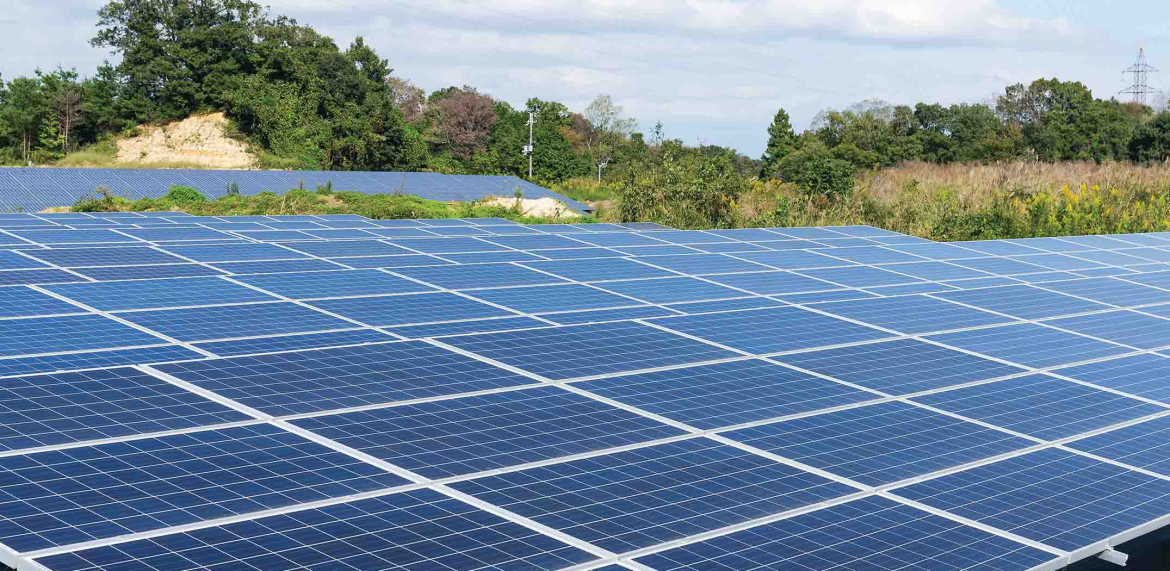KEY POINTS
- Adani Power and Green Energy won a 25-year contract to supply 6,600 MW to Maharashtra.
- The deal includes 5,000 MW of solar energy and 1,600 MW of thermal power.
- Maharashtra’s power consumption is expected to reach 200 terawatt hours by 2028, with 32 percent from renewable energy sources.
Adani Power and Green Energy have won a joint bid to supply 6,600 megawatts (MW) of power to Maharashtra state for 25 years. The agreement includes renewable and thermal energy, with Adani Green Energy providing 5,000 MW of solar power and Adani Power contributing 1,600 MW of thermal power.
The contract, issued by the Maharashtra State Electricity Distribution Company, aims to meet the growing energy needs of the state, which expects power consumption to reach 200 terawatt hours by 2028. Of this demand, 32 percent is projected to come from renewable sources.
Adani strengthens position in Maharashtra
This new deal will further bolster the presence of Adani Power and Adani Green Energy in Maharashtra. Adani Green Energy has already been supplying green energy to Mumbai since March 2023 from its wind-solar plant located in Jaisalmer, Rajasthan.
According to Reuters, under this new agreement, Adani Green Energy will source its solar power from the Khavda Renewable Energy Park in Gujarat’s Kutch district, while Adani Power will generate thermal power from a new plant.
Moreover, the companies confirmed that separate agreements will be signed with the Maharashtra State Electricity Distribution Company for their respective power supplies.
Growing demand for renewable energy
Maharashtra, India’s most industrialized state, is ramping up efforts to meet its future energy requirements, with a significant focus on renewable energy. Also, the state’s forecasted increase in power consumption is driven by industrial growth and a shift towards cleaner energy sources.
Adani Green Energy’s contribution of 5,000 MW of solar power is seen as a vital part of this transition, while Adani Power’s 1,600 MW of thermal power will provide additional support to the energy grid.



